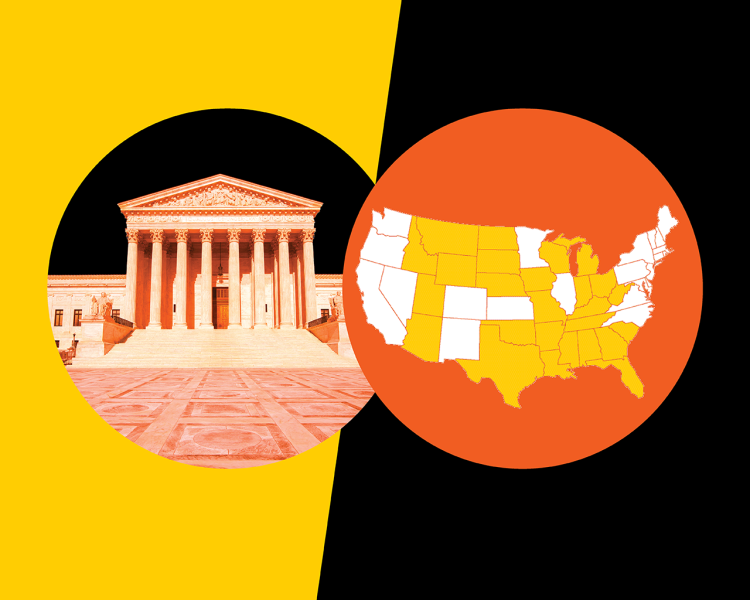[ad_1]
As part of Women’s eNews’ continuing series updating our readers about the continually evolving legal landscape regarding women’s reproductive rights in the US, below is a current listing* of the total number of states that have prohibited, or placed severe restrictions, on women’s ability to get an abortion even when, in some cases, the woman has been raped or has been a victim of incest:
- Physician and Hospital Requirements: 32 states require an abortion to be performed by a licensed physician. 19 states require an abortion to be performed in a hospital after a specified point in the pregnancy, and 17 states require the involvement of a second physician after a specified point.
- Gestational Limits: 43 states prohibit abortions after a specified point in pregnancy, with some exceptions provided. The allowable circumstances are generally when an abortion is necessary to protect the patient’s life or health.
- “Partial-Birth” Abortion: 21 states have laws in effect that prohibit “partial-birth” abortion. 3 of these laws apply only to postviability abortions.
- Public Funding: 16 states use their own funds to pay for all or most medically necessary abortions for Medicaid enrollees in the state. 33 states and the District of Columbia prohibit the use of state funds except in those cases when federal funds are available: where the patient’s life is in danger or the pregnancy is the result of rape or incest. In defiance of federal requirements, South Dakota limits funding to cases of life endangerment only.
- Coverage by Private Insurance: 12 states restrict coverage of abortion in private insurance plans, most often limiting coverage only to when the patient’s life would be endangered if the pregnancy were carried to term. Most states allow the purchase of additional abortion coverage at an additional cost.
- Refusal: 45 states allow individual health care providers to refuse to participate in an abortion. 42 states allow institutions to refuse to perform abortions, 16 of which limit refusal to private or religious institutions.
- State-Mandated Counseling: 17 states mandate that individuals be given counseling before an abortion that includes information on at least one of the following: the purported link between abortion and breast cancer (5 states), the ability of a fetus to feel pain (12 states) or long-term mental health consequences for the patient (8 states).
- Waiting Periods: 24 states require a person seeking an abortion to wait a specified period of time, usually 24 hours, between when they receive counseling and the procedure is performed. 12 of these states have laws that effectively require the patient make two separate trips to the clinic to obtain the procedure.
- Parental Involvement: 36 states require some type of parental involvement in a minor’s decision to have an abortion. 27 states require one or both parents to consent to the procedure, while 9 require that one or both parents be notified.
For information about each state’s current policies, please click here.
This information has been provided by The Guttmacher Institute.
[ad_2]












